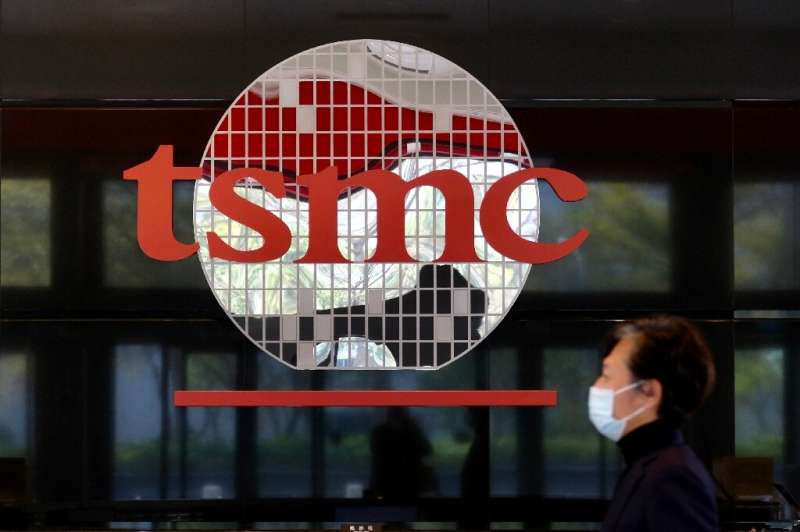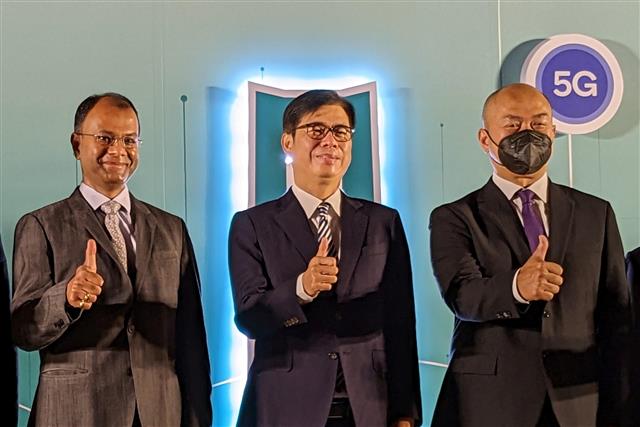Taiwan’s TSMC this week began mass production of its most advanced chips in southern Taiwan, and the company’s chief executive said it would continue to expand production capacity on the island.
The long-awaited mass production of chips with 3-nanometer technology comes as attention is focused on the investment plans of the world’s largest contract chip maker in Finland and abroad. TSMC is a leading manufacturer of advanced chips used in technology ranging from cell phones to fighter jets.
“TSMC will maintain its technological leadership while making significant investments in Taiwan, continue to invest, and develop with the environment,” TSMC chairman Mark Liu said at a celebration of production and capacity expansion in the southern city of Tainan.
Liu said demand for the company’s 3-nanometer chip was “very strong,” driven by new technologies including 5G and high-performance computing products.
He didn’t elaborate, TSMC announced earlier this month that it intends to more than triple its planned investment in a new Arizona plant to $4
billion, one of the largest foreign investments in US history.
The Taiwanese company, whose biggest customers include Apple and Nvidia, is also building a chip factory in Japan and said it is still in the early stages of evaluating a possible expansion into Germany.
In response to concerns that TSMC’s foreign investment will undermine Taiwan’s key position in semiconductors, Liu said the production is a sign that TSMC is “taking concrete steps to develop advanced technology and increase production capacity in Taiwan.”

Taiwan’s government has dismissed concerns of a “farewell to Taiwan” trend in the chip industry, saying the island’s position as a major semiconductor producer and maker of the most advanced chips is secure.
Liu said that mass production has been successful and returns have been good, adding that the new 3-nanometer technology will create end products with a market value of $1.5 trillion in five years.
TSMC announced that it is building factories in northern and central Taiwan for next-generation 2nm chips.
The company is building a massive40 billion factory in Arizona that will eventually produce 4nm and 3nm chips. This is part of the US’s efforts to ensure a stable supply of semiconductors on its soil.
President Joe Biden attended a ceremony earlier this month to announce a major expansion of the Arizona plant, one of the largest foreign investments in the United States.
TSMC has also agreed to set up foundries in Japan and is exploring Germany as a possible location.
Meanwhile, Taiwan’s technology companies and its government want to make sure most of the latest production stays at home, in part because the industry offers some protection to the island.
A Chinese invasion or blockade of Taiwan would have catastrophic consequences for the global economy because it produces so many important semiconductors, a buffer that analysts call Taiwan the “Silicon Shield.”
President Tsai Ing-wen played down concerns that Taiwan could lose its protective shield and jobs by setting up smelters abroad, instead portraying the investment as a sign of the island’s technological prowess.
Get more news and insights about Global Technology Industry here



